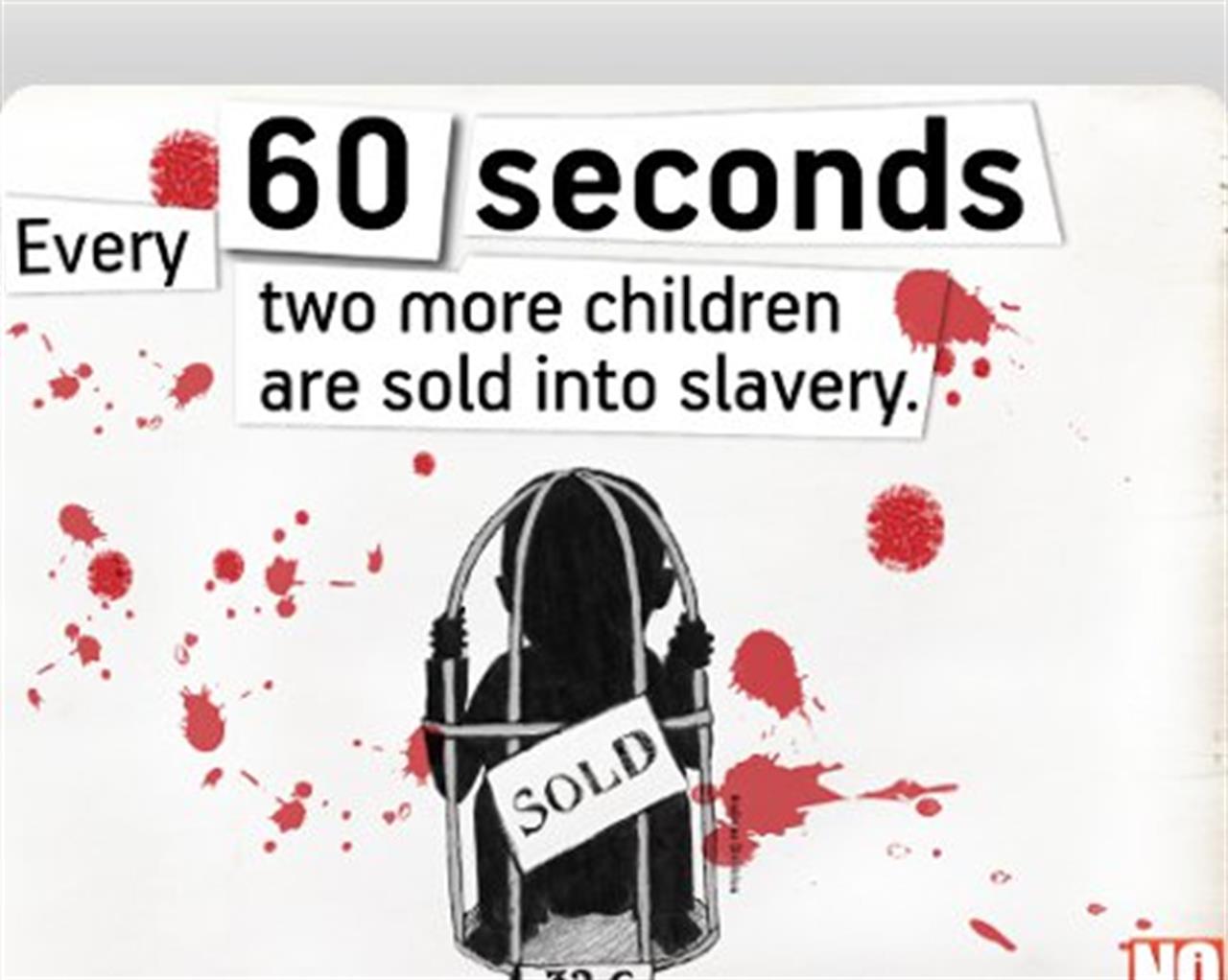Volontariato
The No Project Campaign
Interview with Judy Boyle, founder of the No Project campaign to stop Human Trafficking

Someone said that curiosity about life in all of its aspects is the secret of great creative people and Judy Boyle, founder of the No Project Campaign to stop human trafficking, is certainly a curious person. She has travelled the world, she’s a teacher trainer, a course book writer, an actress and a director but most of all she is an activist. “Slavery’s not been abolished, it’s illegal but it’s not been abolished.” Says Boyle with a decisiveness that makes it immediately clear why this New Zealander now living in Greece felt the urge to take action. The No Project Campaign is an independent anti-slavery initiative based in Greece, which focuses on the role of demand. Boyle launched it in order to raise public awareness and inspire youth to take action against human trafficking. Vita Europe meets her to talk about her life as an activist and her campaign.
Why does the campaign focus on the role of demand?
Because slave trading is a business. People are in it for money and we must use a business model to understand it. Of course it’s utterly barbaric, however if there weren’t a demand for slavery there would be no slavery. Poverty, war, lack of education, no opportunities, these are push factors and they make victims absolutely more vulnerable but if there were not the demand, the business would go down. This is the reason why the No Project Campaign addresses teenagers: they are the future policy makers, parents, traffickers and clients. Nothing is going to change unless the next generation takes a stand against the behavior that already exists. My aim is to get the message across in a way that is engaging and intriguing. For this reason we organize concerts, art exhibitions and use the social networks to raise awareness.
What can people do to stop human trafficking?
They can call the police. I know it sounds simple but besides the victims and the clients, there’s another category of people who play a pivotal role in human trafficking, they’re called facilitators. They usually run legitimate businesses who support this 40 million dollar industry. They’re the landlords who rent out the apartments where the women who are forced into prostitution are trapped, they’re the people in the medical profession who carry out all those forced abortions, those very skillful organs removals. It would only take one of them to refuse to do it, to call the police. It just takes one client to realize he hasn’t paid for sex but for violence, to feel bad about it and change the life of many girls.
How did you become an activist?
In December 2001 I read a newspaper article about it and I guess my world has never been the same since and it’s not like I’d lived in a bubble until then. My parents were actively engaged in social justice and they were my models. I’ve lived in different countries and seen some confronting situations, but it was that article that really made the difference. This is why I think that journalists are at the heart of spreading the word. All the major campaigns against human trafficking, such as the Polaris project, started in the same way. Someone picked up a book in an airport or read a newspaper article and said “that’s it, I can’t deal with this anymore”.
What made you decide to start an anti-slavery campaign?
I think it’s the idea of being trapped, locked up, cut off from the loved ones that really hit me. It’s the thought that, as we’re talking, in a room just a few kilometers from both you and me, there’s someone cut out from the rest of the world, forced to do something he doesn’t want to do. I was responsible for the Greek version of the MTV Exit campaign against human trafficking and there’s a clip from a Radiohead video that explains it all. There’s one moment when a little boy in a school is sitting at his desk, the teacher comes along and pats him on his head. It’s because of the innocence of a little gesture like this, that slaves do not get that I decided to take action.
Nessuno ti regala niente, noi sì
Hai letto questo articolo liberamente, senza essere bloccato dopo le prime righe. Ti è piaciuto? L’hai trovato interessante e utile? Gli articoli online di VITA sono in larga parte accessibili gratuitamente. Ci teniamo sia così per sempre, perché l’informazione è un diritto di tutti. E possiamo farlo grazie al supporto di chi si abbona.
